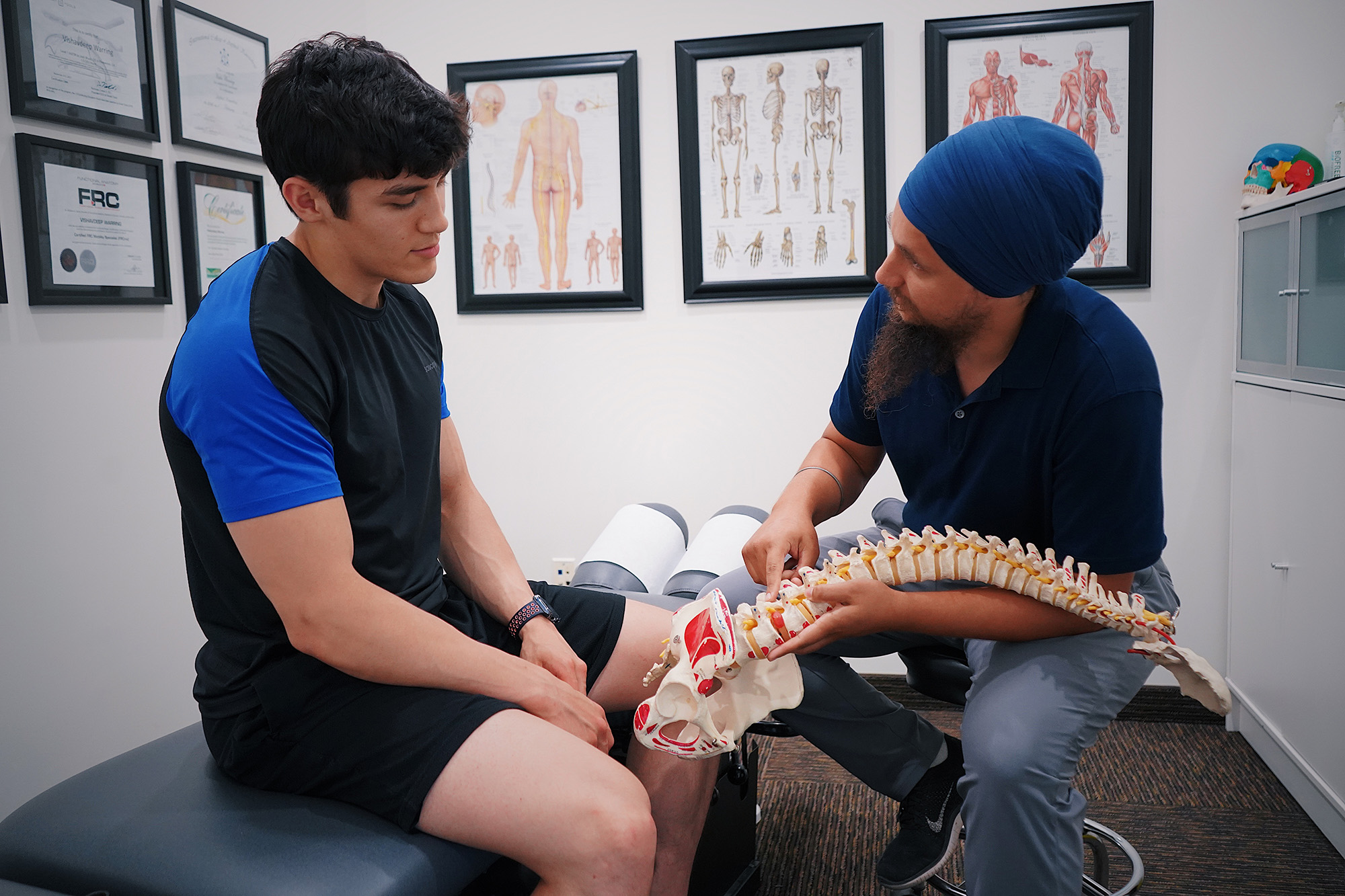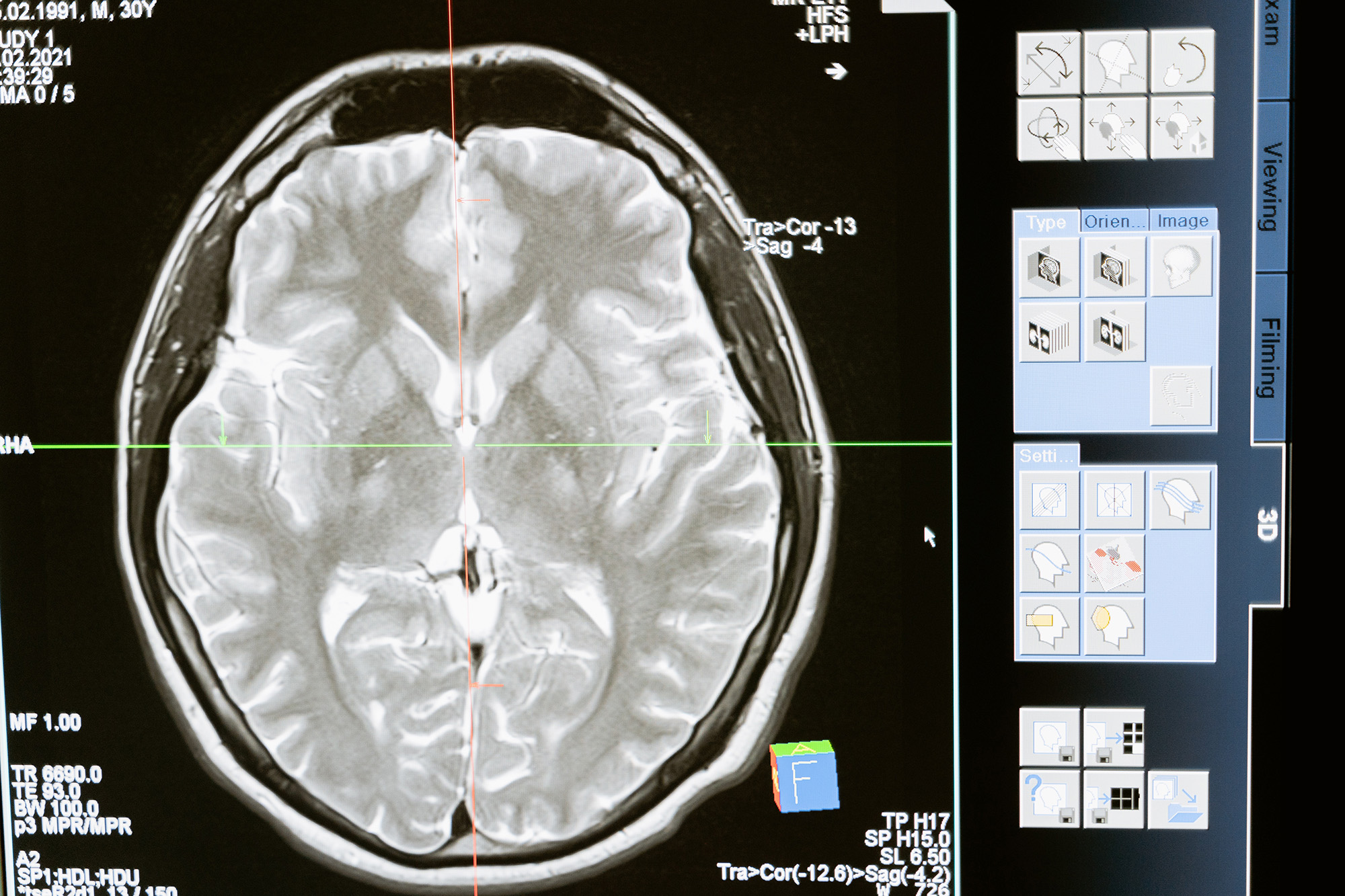Traumatic brain injury (TBI) is a severe medical condition that affects millions of people worldwide. It occurs when an external force causes damage to the brain, leading to a range of physical, cognitive, and emotional impairments.
Introduction
Spinal injuries can be life-altering, affecting individuals physically, emotionally, and mentally. The journey to recovery may seem daunting, but with the right support systems in place, those with spinal injuries can regain independence and lead fulfilling lives. In this blog post, we will explore the various types of support available for individuals dealing with spinal injuries, ranging from medical assistance to emotional and financial resources.
- Medical Support
A spinal injury requires immediate medical attention to prevent further damage and ensure proper treatment. Hospital-based support systems play a crucial role in the initial stages, providing emergency care, diagnostic services, and surgical interventions. Specialised healthcare professionals, such as neurosurgeons, orthopaedic surgeons, and physical therapists, collaborate to develop tailored treatment plans for spinal injury patients.
- Rehabilitation Services
Rehabilitation is a vital component of the recovery process for individuals with spinal injuries. Rehabilitation programs aim to restore functionality and promote independence. Physical therapy plays a central role in improving mobility, strength, and coordination. Occupational therapy focuses on relearning daily activities and adapting to new circumstances. Speech therapy may be required for those with spinal cord injuries affecting their ability to speak.
- Assistive Devices and Technology
Advancements in assistive devices and technology have significantly improved the quality of life for individuals with spinal injuries. Wheelchairs, both manual and electric, provide mobility and independence. Prosthetic limbs enable amputees to regain functionality. Adaptive equipment and technologies, such as voice-activated devices and computer-assisted communication tools, facilitate daily tasks and enhance communication for those with limited mobility.
- Psychological and Emotional Support
Coping with a spinal injury can be emotionally challenging. Psychological support is essential to address mental health concerns that may arise. Mental health professionals, such as psychologists and therapists, offer counselling and therapy sessions to help individuals adapt to their new reality, manage stress, and cope with any emotional trauma they may experience.
- Support Groups and Peer Mentoring
Connecting with others who have gone through similar experiences can provide invaluable support and encouragement. Support groups and peer mentoring programs bring together individuals with spinal injuries, allowing them to share their stories, exchange advice, and provide emotional support. These networks offer a sense of community and understanding, alleviating feelings of isolation.
- Financial Assistance
Spinal injuries often result in substantial financial burdens, including medical expenses, rehabilitation costs, and adaptive equipment. Various avenues exist for financial assistance, including insurance coverage, government or NHS funding, and nonprofit organisations. It is crucial for individuals and their families to explore these options to ease the financial strain associated with spinal injuries.
Conclusion
Support for individuals with spinal injuries encompasses a wide range of services, from medical care and rehabilitation to emotional and financial aid. By accessing these resources, individuals can navigate the challenges of a spinal injury and rebuild their lives. It is essential for both the affected individuals and their support networks to be aware of and utilise these support systems to ensure the best possible outcomes. Remember, with the right support, those with spinal injuries can lead fulfilling and meaningful lives. Find out more about our care in this area.



